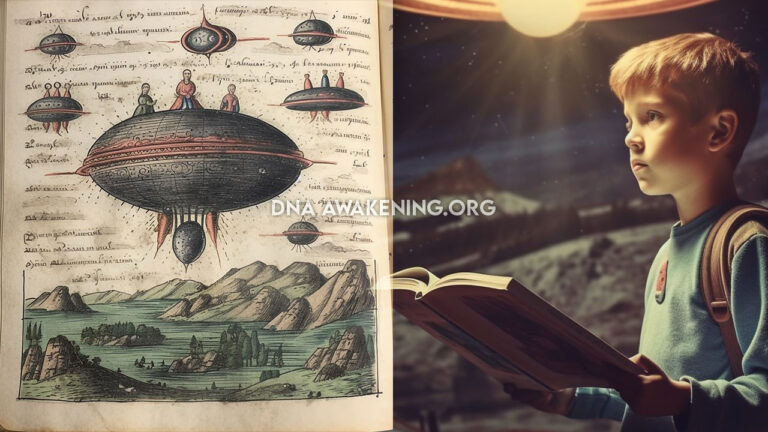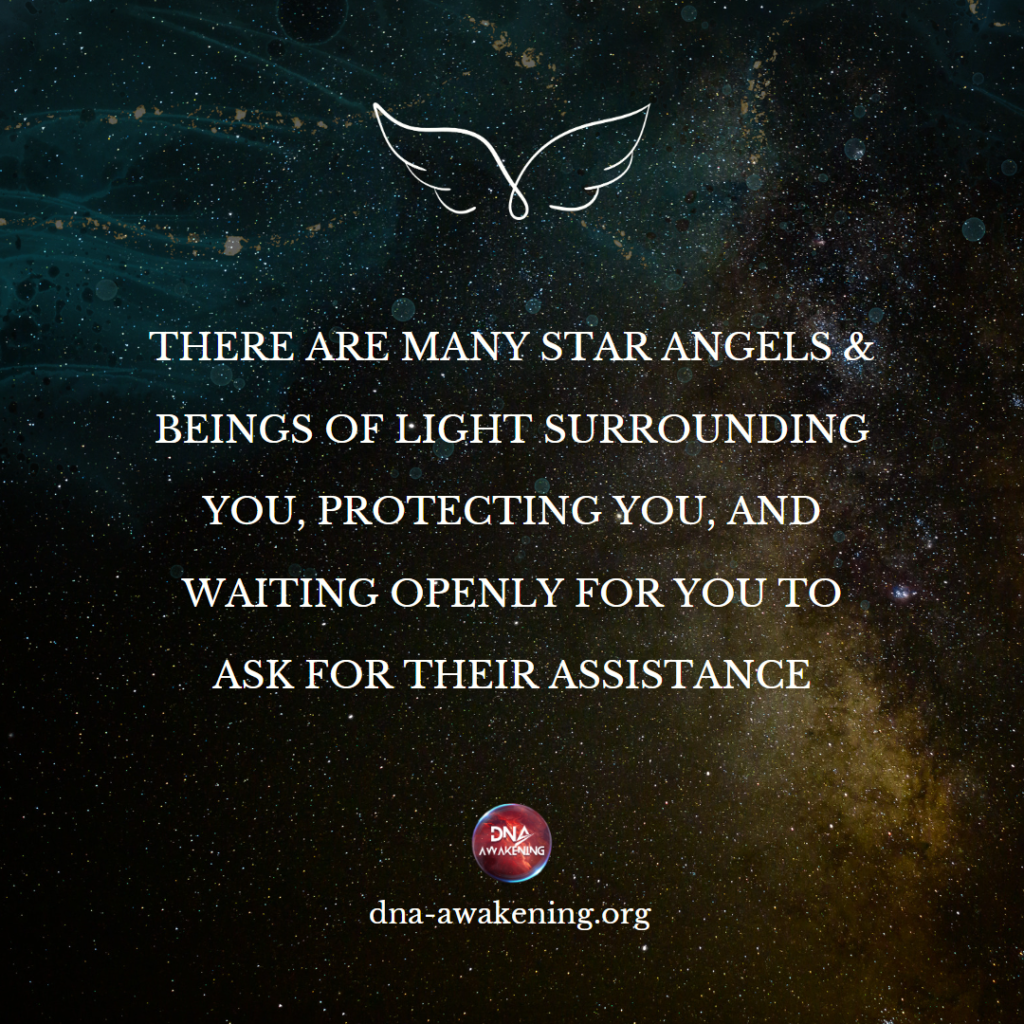In a groundbreaking development, the study of UFOs, known as ufology, may soon find its way into the school curriculum. This news has sparked a wave of interest and controversy among parents and educators alike. Imagine your child coming home with homework on extraterrestrial life and unexplained aerial phenomena. It may sound far-fetched, but according to renowned alien hunter and ufologist, Dr. Amelia Stevens, this could become a reality sooner than we think.
Dr. Stevens, who has dedicated her life to researching and investigating UFO sightings, believes that ufology deserves a place in the classroom. She argues that teaching students about the possibility of extraterrestrial life can have profound educational benefits. This includes fostering critical thinking skills, promoting interdisciplinary learning, and nurturing scientific curiosity.
If you think that studying UFOs is a waste of time, you might be surprised to learn that some experts believe it could become a legitimate academic subject in the near future. Ufology, the study of unidentified flying objects and their possible origins, is not just a hobby for conspiracy theorists and sci-fi fans. It is a serious field of inquiry that involves scientific methods, historical research, and critical thinking.
Breaking Down the Stigma
For decades, ufology has been dismissed as a fringe topic, relegated to the realm of conspiracy theories and science fiction. However, recent revelations by government agencies and the declassification of UFO-related documents have given the field newfound legitimacy. Dr. Stevens asserts that it’s time to break down the stigma associated with ufology and embrace it as a valid area of study.
One of the leading proponents of Ufology as a school subject is Nick Pope, a former employee of the British Ministry of Defence who investigated UFO sightings for the government in the 1990s. Pope argues that Ufology is not only fascinating and relevant but also beneficial for students’ intellectual development.
“Ufology teaches you to question everything, to challenge authority, to keep an open mind, and to think outside the box,” Pope says. “These are all valuable skills in today’s world, where we are bombarded with information and misinformation from various sources.”
Preparing for the Unknown
Introducing ufology into the school curriculum would provide students with a unique opportunity to develop critical thinking skills and scientific literacy. By examining evidence and analyzing eyewitness accounts, students can learn to evaluate information objectively and think rationally in the face of uncertainty. This prepares them for future careers in fields such as aeronautics, astronomy, and other scientific disciplines where encounters with unidentified aerial phenomena may occur.
Pope also claims that Ufology has many connections to other disciplines, such as physics, astronomy, biology, psychology, sociology, and history. He says that studying UFOs can spark students’ interest in these subjects and inspire them to pursue careers in science and technology.
“Ufology is a gateway to learning about the universe and our place in it,” Pope says. “It can also motivate students to explore the possibility of extraterrestrial life and what that would mean for humanity.”
Demystifying the Unknown
One of the key benefits of teaching ufology is the opportunity to demystify the unknown. By providing students with a scientific framework to evaluate UFO sightings and encounters, we can help them separate fact from fiction. This not only counters conspiracy theories but also fosters a deeper understanding of the broader field of space exploration and astronomy.
Ufology offers a gateway to exploring various subjects within the curriculum. Physics lessons can delve into the properties of UFO motion and technology, while geography classes can examine alleged UFO hotspots and the reasons behind their prevalence. History lessons can explore the evolution of firsthand accounts and government documents relating to UFOs, while psychology classes can evaluate the credibility of eyewitness testimony. By integrating ufology into various subjects, students gain a broader perspective and make interdisciplinary connections.
The Pope is not alone in his vision. He is part of a growing network of researchers, educators, and enthusiasts who are working to promote Ufology as a serious and respectable field of study. They organize conferences, publish journals, offer courses, and lobby for official recognition and funding.
One of their goals is to establish Ufology as a GCSE option in the UK’s national curriculum. A GCSE (General Certificate of Secondary Education) is a qualification that students take at the end of secondary school, usually when they are 16 years old. There are currently more than 70 subjects available for GCSEs, ranging from core subjects like English and math to more specialized ones like ancient history and media studies.
Overcoming the Challenges
While the inclusion of ufology in the school curriculum has numerous benefits, it also poses certain challenges. One of the main concerns is the need for age-appropriate material and teaching methods. It is crucial to present information in a way that encourages critical thinking and scientific inquiry without promoting unfounded beliefs or sensationalism.
Furthermore, the inclusion of ufology may face resistance from those who believe that traditional subjects should take precedence. However, proponents argue that education should embrace the ever-expanding frontiers of knowledge and adapt to the changing world. By incorporating ufology into the curriculum, we not only cater to the interests of students but also expose them to diverse perspectives and unconventional topics.
The Final Frontier
As society continues to advance technologically and explore the mysteries of the universe, it is imperative that education keep pace. Ufology offers a unique opportunity to engage students in scientific inquiry, critical thinking, and interdisciplinary learning. By embracing this field of study, we open the doors to a world of wonder and discovery.
While the inclusion of ufology in the school curriculum may be met with skepticism, it is essential to recognize the potential benefits it can bring. As Dr. Stevens aptly puts it, “We owe it to our children to provide them with a comprehensive education that encompasses all areas of knowledge. Ufology may be unconventional, but it represents a legitimate avenue for academic exploration.”
So, would you let your child take a GCSE in UFOs? The answer may not be so far-fetched after all. As we expand our understanding of the universe.



LONG OVERDUE to finally take UFOs seriously. And, YES, ufology must be in the classroom. Our future is in space, and we need to know about other alien civilizations. 👽🛸
I believe it is imperative to begin teaching children about UFOs and alien civilizations. By keeping them in the dark, we are doing them a great injustice. There are many of us here on earth who have families out there who watch over us and love us.